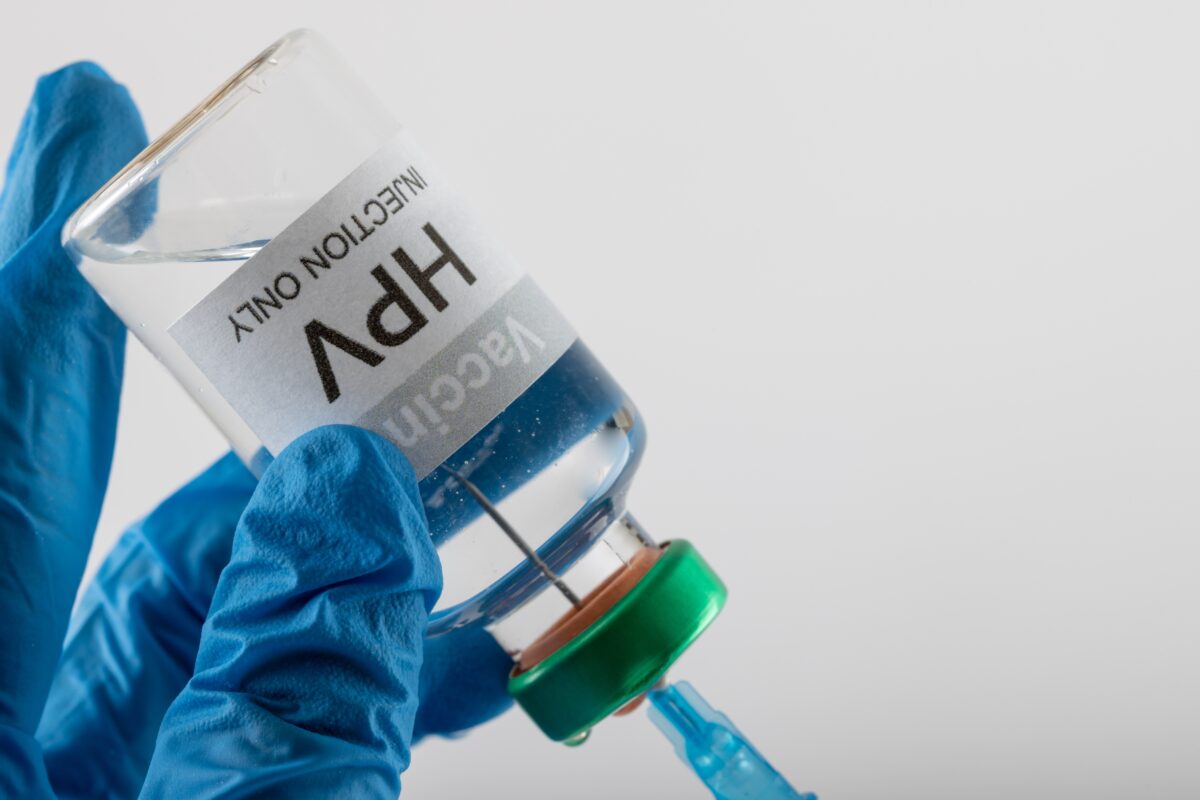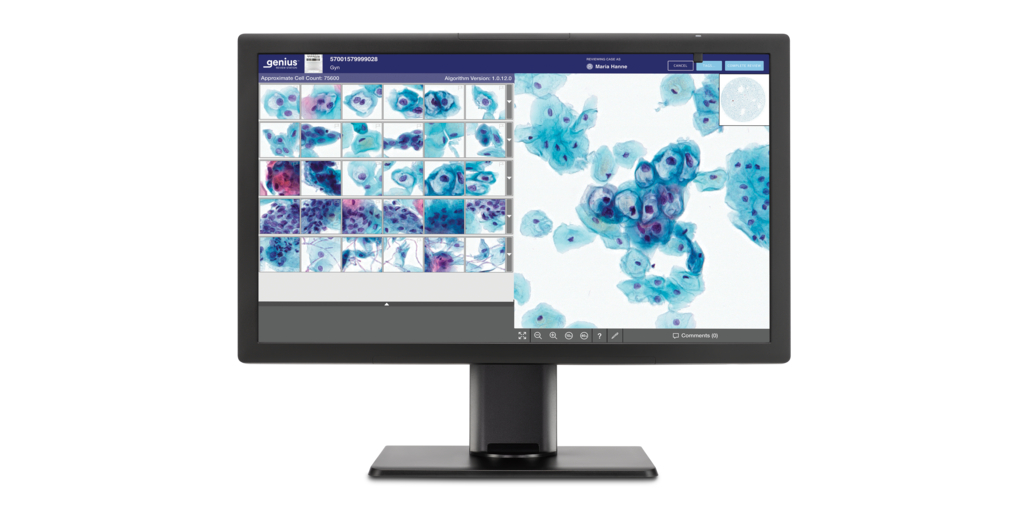Phosphorus, a leading preventative genomics company, has developed the first comprehensive preventative genetic test for consumers. The test is called GeneCompass and features medical-grade technology to provide a holistic assessment of genetic health and wellness.
Unlike other consumer genetic tests that are largely based on DNA microarray technology, Phosphorus’ GeneCompass test uses next-generation sequencing (NGS) to sequence over 400 genes, providing high sensitivity and specificity in the detection of genes associated with over 200 health risks, more than 200 genetic drug interactions and also offers insights into around 40 lifestyle and wellness traits.
Phosphorus is dedicated to making medical-grade technology available at a consumer price point.
Phosphorus may be a familiar name as it was one of the first to develop an FDA-authorized at-home test for COVID-19; it was also the first test to have received an asymptomatic, direct-to-consumer FDA approval.
Similarly, Phosphorus’ latest offering is an at-home test that aims to provide customers with information on their genetic risks for disease as well as other health indicators.
Included in the price of its latest preventative genetic test offering is personalized follow-up, access to physician oversight and medical history review, as well as a consult with a board-certified genetic counselor for patients who obtain a high-risk result on GeneCompass.
Like other consumer genomic tests, the Phosphorus GeneCompass test also involves the collection of saliva samples that consumers send to the Phosphorus lab located in Secaucus, NJ for analysis.
The test is available for purchase online at Phosphorus’ website and upon purchase, customers are sent the kit via FedEx. Instructions are provided in the kit for registering an account online. Customers then collect their saliva samples and send them off to Phosphorus using a prepaid shipping label. Results are made available within three to four weeks and customers are contacted by a genetic counselor, if appropriate.
The Phosphorus GeneCompass test has a list price of $249.
“The technology powering GeneCompass is already in use by some well-known commercial laboratories, research institutions, fertility clinics and hospitals,” said Alexander Bisignano, Phosphorus co-founder and CEO, in a press release. “We successfully brought a medical-grade test, analogs of which are billed by the big players anywhere from $1,500 – $10,000, to a price point more accessible to the consumer market at $249.”
Bisignano added that, “It is time we finally made a medical-grade genetic test available as a proactive, preventative tool. I’m tired of seeing genetics being used to explain what happened after a patient has already been diagnosed with a severe disease or worse. We should be preventing these diseases before they happen.”
Phosphorus developed innovations in chemistry, bioinformatics and workflow to design a vertically integrated operating system for clinical genomics within their state-of-the-art CLIA and CAP certified clinical laboratory.
The test’s NGS technology achieves a clinical specificity of over 99 percent per condition and the test can detect over 99 percent of potential variants in each gene.
As a holistic test, GeneCompass offers a comprehensive health assessment that doesn’t just offer information about disease risk, as other conventional genetic tests do, but also includes an overview of health and wellness indicators that can impact important lifestyle decisions.
It screens for inherited genetic conditions across various medical areas, including oncology and cardiology, hearing and vision loss, infertility, endocrinology, gastroenterology, mental and behavioral health, drug responses, sleep, nutrition, exercise and diet. As a preventative tool, the test can assist people in taking early action to help mitigate and even prevent health problems.












Join or login to leave a comment
JOIN LOGIN